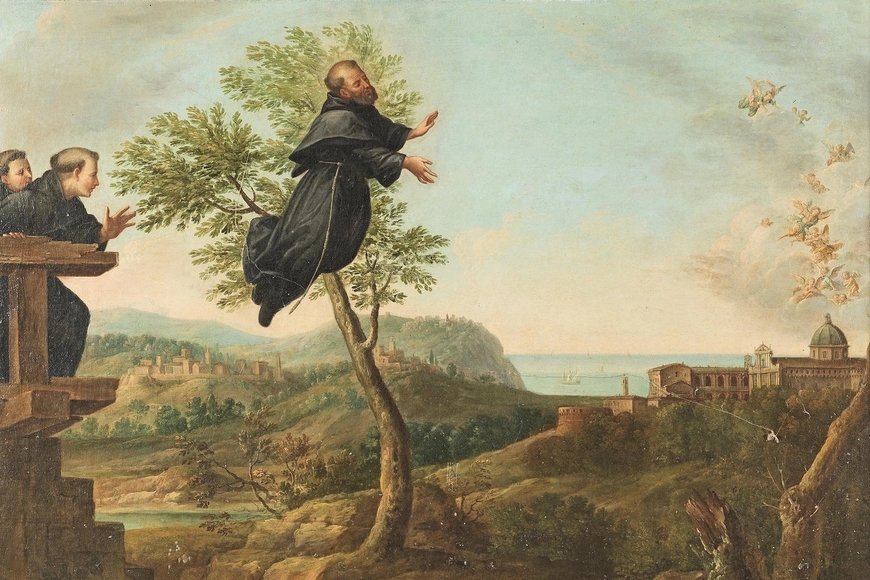Is Writing the History of the Impossible Possible?
271 19th Ave S
Minneapolis,
MN
55455
We are delighted to report that this event has been rescheduled for Tuesday, May 7th!
A light lunch will be served starting at noon prior to the event. We encourage you to RSVP if attending in person. RSVP Form Link
About the Talk
How can any historian in the twenty-first century write about past events that are deemed "impossible" by the vast majority of historians? Is it possible for any historian to focus on miracles as "facts" rather than as mere beliefs or pure inventions or culturally-conditioned perceptions? These questions will be addressed by focusing on the "impossible" miracles of levitation and bilocation described in many early modern texts.
About the Speaker
Carlos Eire, who received his PhD from Yale in 1979, specializes in the social, intellectual, religious, and cultural history of late medieval and early modern Europe, with a focus on both the Protestant and Catholic Reformations; the history of popular piety; the history of the supernatural, and the history of death. Before joining the Yale faculty in 1996, he taught at St. John’s University in Minnesota and the University of Virginia, and was a member of the Institute for Advanced Study in Princeton for two years. He is the author of War Against the Idols: The Reformation of Worship From Erasmus to Calvin (1986); From Madrid to Purgatory: The Art and Craft of Dying in Sixteenth Century Spain (1995); A Very Brief History of Eternity (2010); Reformations: The Early Modern World (2016); The Life of Saint Teresa of Avila: A Biography (2019); and They Flew: A History of the Impossible (2023). He is also co-author of Jews, Christians, Muslims: An Introduction to Monotheistic Religions (1997); and ventured into the twentieth century and the Cuban Revolution in the memoir Waiting for Snow in Havana (2003), which won the National Book Award in Nonfiction in the United States and has been translated into more than a dozen languages. His second memoir, Learning to Die in Miami (2010), explores the exile experience. A past president of the Society for Reformation Research, he is currently researching various topics in the history of the supernatural. His book Reformations won the R.R.Hawkins Prize for Best Book of the Year from the American Publishers Association, as well as the award for Best Book in the Humanities in 2017. It was also awarded the Jaroslav Pelikan Prize by Yale University Press. All of his books are banned in Cuba, where he has been proclaimed an enemy of the state – a distinction he regards as the highest of all honors.
This event is supported by the Center for Austrian Studies, Anselm House, and the Religion and Enlightenment Reading Group.
Dr. Eire will also present the 28th Annual Holmer Lecture hosted by Anselm House on May 6th at 7 pm in the Johnson Great Room of the McNamara Alumni Center. Details on this event are available on the Anselm House events page.
